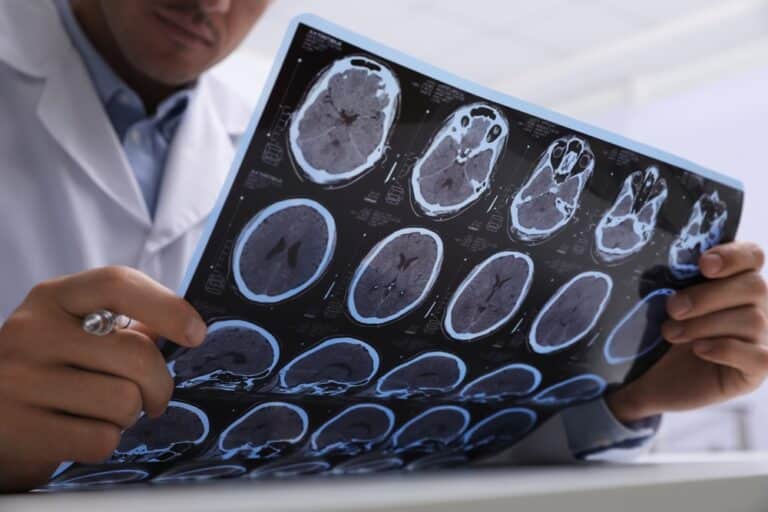Why You Might Feel Lonelier Than Ever And How to Fix It
You can be surrounded by people and still feel completely alone. If that sounds familiar, you’re not the only one. Recent global research reveals that loneliness has become one of the most pressing public health concerns of our time, especially for teenagers and young adults. According to a Meta Gallup survey of over 140 countries,…






















